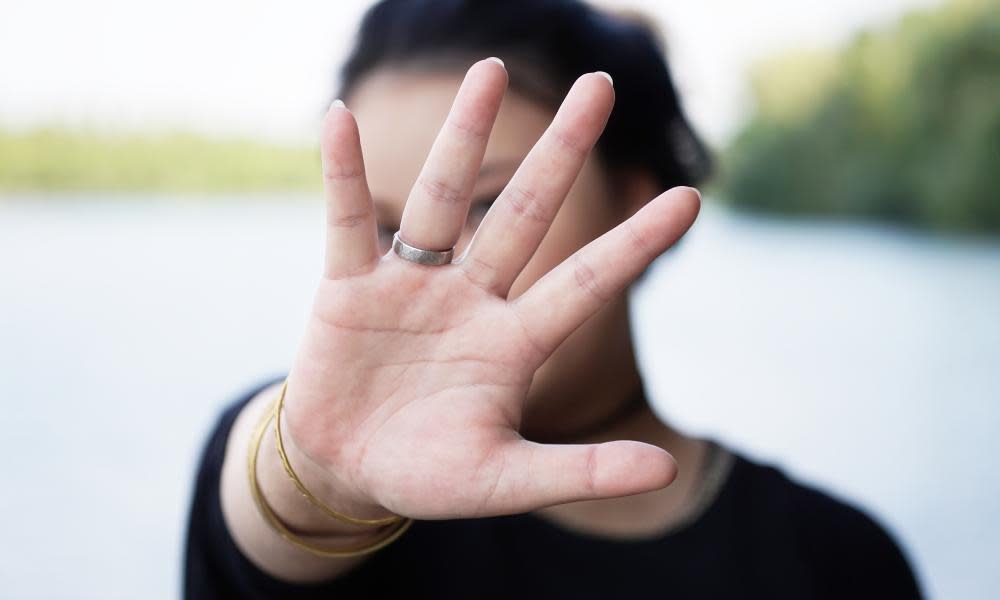Why you shouldn’t post photos of friends without permission

Everything sounds dodgier prefixed “shadow”, but the “shadow Facebook account” is unsettling in a whole new way. A study has found that even people with no Facebook account – which is one in five British internet users – still have such a presence on the accounts of their families and friends that it was possible to predict their behaviours with 95% accuracy.
Clearly, if you are a digital native, who has taken an anti-Facebook stance, whether because you have read Jaron Lanier’s magisterial book Ten Arguments for Deleting Your Social Media Accounts, or merely because you are defying mainstream modernity and probably also like vinyl, this is a new level of incursion. As if it weren’t bad enough that a social media giant could track your every move, destroy your privacy not so much by invading it as by simply rolling you into everybody else who bought the same stuff; that Facebook can guess your politics by whether or not you bought some Mahabis, and then describe them better than you can; it can work out all these things even when you’ve expressly asked it not to.
Indeed, to be outside the Facebook bubble actually puts you at more of a disadvantage, in terms of protecting your image and thereby your data. At least if you’re on there and a friend posts a picture of you, you can moan. As a defiant absentee, you won’t even know until an acquaintance makes a salty remark about your VPL. The only way you could assure your privacy is to tell everyone you know in advance that you don’t want to be in their stupid photos.
This, to the younger audience, will sound like lunacy, somewhere on the scale of antisocial behaviour close to “I’m afraid I don’t do rounds, I prefer to buy drinks only for me.” But back in the day it was routine to say, “don’t take a picture of me at my winter weight/without makeup on/while I’m falling over/just don’t take it at all, OK?” It was accepted that some of us had a chasm between how good-looking we thought we were, and reality, and didn’t want that gap closed by anything like photographic evidence. Heed us. We knew stuff then.

 Yahoo News
Yahoo News 
